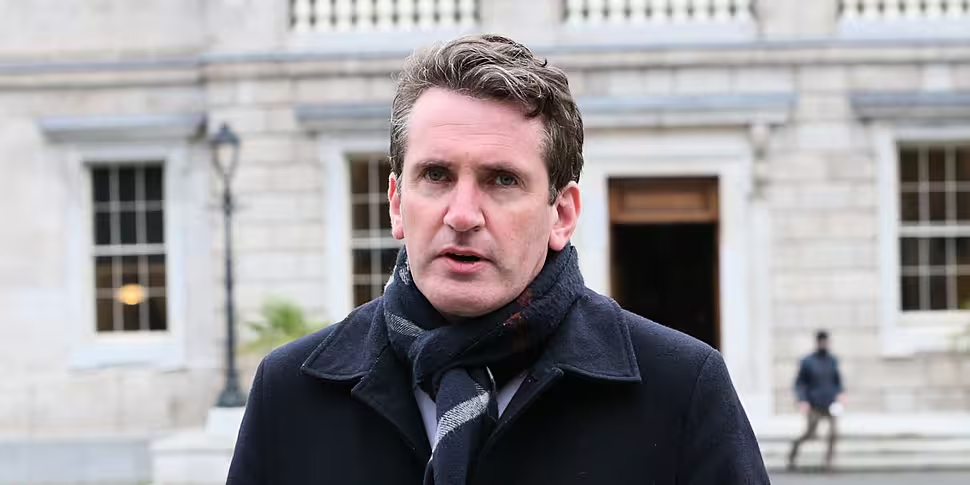A shorter working week for public sector workers was 'the best of a bad list of choices'.
That's according to the Labour Party's enterprise spokesman Aodhán Ó Ríordáin.
He was speaking as many workers in the public sector are set for a shorter working week from this summer onwards.
The Government is expected to accept the recommendation of an independent body that public servants working week return to pre-2013 levels.
The working week was extended in lieu of pay cuts during negotiations on the 2013 Haddington Road Agreement.
Under the deal, public sector workers who were working 35 hours or less per week saw their hours increased to 37. Those working more than 35 hours were bumped up to 39.
The Department of Public Expenditure has previously estimated the cost of removing the hours would be €645m a year - however, Government now believes it will be closer to €360m.
Deputy Ó Ríordáin told The Hard Shoulder he hopes the Government will back this.
"I think listeners should be aware it's an independent evaluation of this which has been recommended.
"And we do hope that Government do go with this recommendation.
"The last 10 years were very difficult; the period where we were in government, we helped negotiate the Haddington Road Agreement.
"And within that there were a number of options on the table at the time.
"There was pay cuts being suggested, there was loss in services being suggested - but this was the best of a bad list of choices.
"And I think people should remember also, during those very difficult years, we didn't lose any days to industrial action over the course of those very difficult turbulent years."
And he says people's perceptions of the public service can be wrong.
"For all of us who are congratulating and thanking public servants over the last two years - particularly those in the nursing sector, who will also benefit from this... something when public sector are mentioned, people sometimes roll their eyes and have a vision of what it is.
"But what it actually is are those who are helping this country survive through a pandemic.
"So I think it's only reasonable that the Government take this independent evaluation for what it is and do what they're asking".









